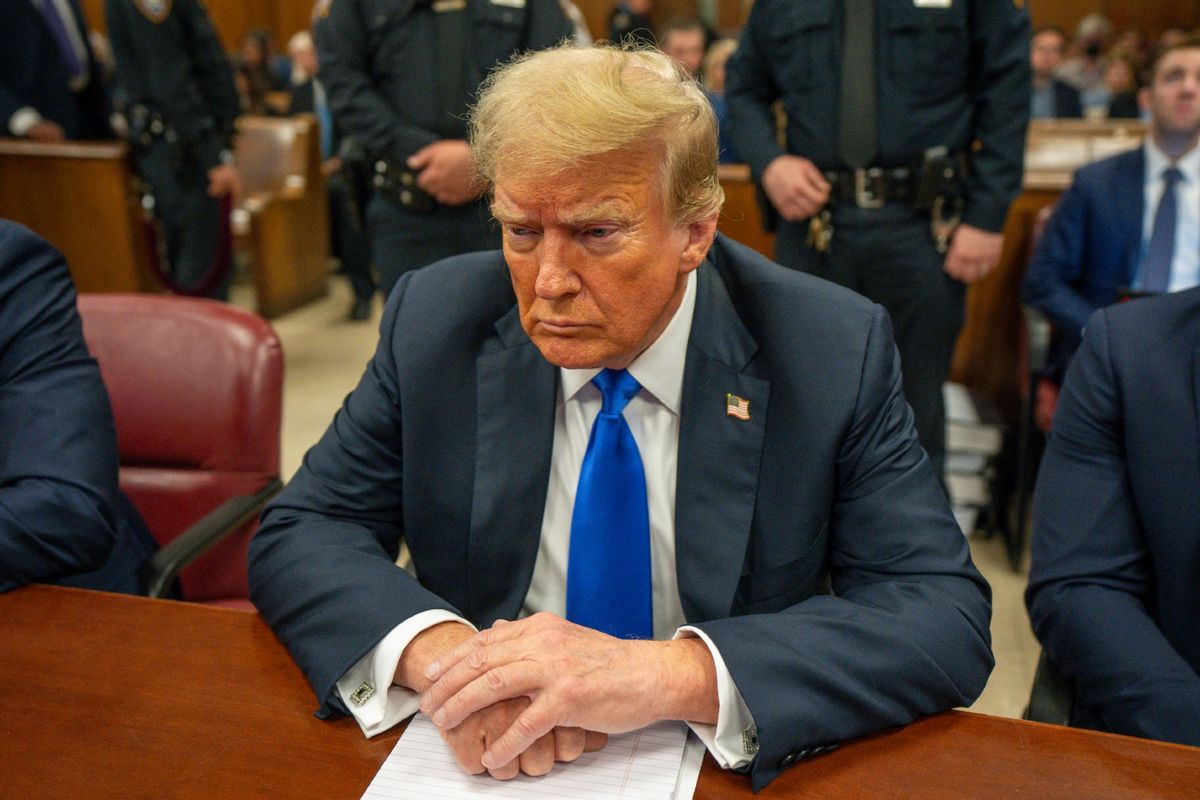The Supreme Court conservative majority’s opinion in Trump v. United States has rightly drawn considerable criticism. Its conclusion that former presidents enjoy presumptive immunity from criminal prosecution for official acts committed during their presidency is flabbergasting. As legal scholars across the ideological spectrum have explained, this immunity finds no support in the Constitution’s text and history, or the Supreme Court’s own precedent. A blistering dissent by Justice Sotomayor (joined by Justices Kagan and Jackson) exposes this rootlessness and expresses “fear for our democracy.”
That’s not where the harm ends. The Court’s slow pace in handing down its decision is already largely responsible for delaying for more than 200 days the federal criminal trial of Donald Trump for alleged January 6-related crimes.
But even though the D.C. District Court has only recently been able to restart its proceedings, Americans already know a lot about Donald Trump’s actions and responsibility for January 6 through rigorous fact-finding developed by two other governmental bodies: (1) the bipartisan House Select Committee to Investigate the January 6 Attack on the United States Capitol; and (2) the Colorado state court system, which adjudicated Anderson v. Griswold.
Over the course of nearly eighteen months and ten widely televised public hearings, the bipartisan January 6 Select Committee investigated the violent attack on the Capitol and the involvement of Donald Trump (and numerous Trump allies) in the attempt to overthrow the results of the 2020 presidential election. This investigation resulted in a final report that included a referral of Trump to the Department of Justice for multiple crimes, including conspiracy to make a false statement and inciting or assisting an insurrection. These conclusions were informed by over 140,000 documents and more than 1000 interviews and depositions. Almost all of the witnesses before the bipartisan Select Committee were Republicans, and their testimony—like almost all congressional testimony—was sworn testimony, subject to perjury charges if false. Of course, even when not under oath, individuals who submit false information to Congress can face serious criminal liability.
We need your help to stay independent
More fact-finding occurred through the litigation of Anderson v. Griswold, a case brought by Republican and Independent voters in Colorado to challenge Donald Trump’s ability to appear on the state’s primary ballots. The plaintiffs in this case asserted that Trump’s actions surrounding the events of January 6, 2021, prevented him from holding office pursuant to Section 3 of the 14th Amendment of the United States Constitution—the Disqualification Clause, which disqualifies from office any individual who took an oath to support the Constitution and then “engaged in insurrection or rebellion against the same”—and rendered him ineligible to appear on ballots. Trump’s lawyers were given every opportunity to introduce evidence and call witnesses, and they did both. Trump’s legal team was also allowed to dispute evidence, cross-examine witnesses called by opposing counsel, and raise questions of law and fact throughout the trial—all of which they did aggressively and comprehensively. The trial included testimony from eyewitnesses and experts presented by both sides, thousands of pages of documents, and hours of video. The Colorado trial court meticulously evaluated the evidence and arguments on both sides and concluded that the events of January 6 were an insurrection and that former President Trump engaged in it. The conclusions were reinforced by the Colorado Supreme Court, which further held that Trump was ineligible to appear on the ballot.
The United States Supreme Court eventually overturned the Colorado Supreme Court’s decision on a technical point, concluding that a candidate for federal office could not be excluded from a state ballot on Disqualification Clause grounds without some sort of federal congressional action. Critically, however, the Court left all of the Colorado state court’s factual findings intact. The United States Supreme Court did not dispute the lower court’s conclusions that January 6th constituted an insurrection, or that Donald Trump’s actions leading up to January 6th constituted engagement in insurrection.
There are good reasons for wanting the federal trial of Donald Trump on January 6-related charges to proceed without further delay, and good reasons to laud Judge Tanya Chutkan’s attempts to keep the trial on track in D.C. District Court. Criminal trials, with their juries of everyday Americans and their high standards of proof—beyond a reasonable doubt versus the lower preponderance of evidence standard used in civil trials—are often considered the gold standard when it comes to understanding culpability for bad acts. But the absence of a guilty verdict in an ongoing criminal trial doesn’t mean the American public lacks information about January 6 and Trump’s involvement. Nothing could be further from the truth. Thanks to the fact-finding of the bipartisan Select Committee and the Colorado courts, we know a lot.



Shares